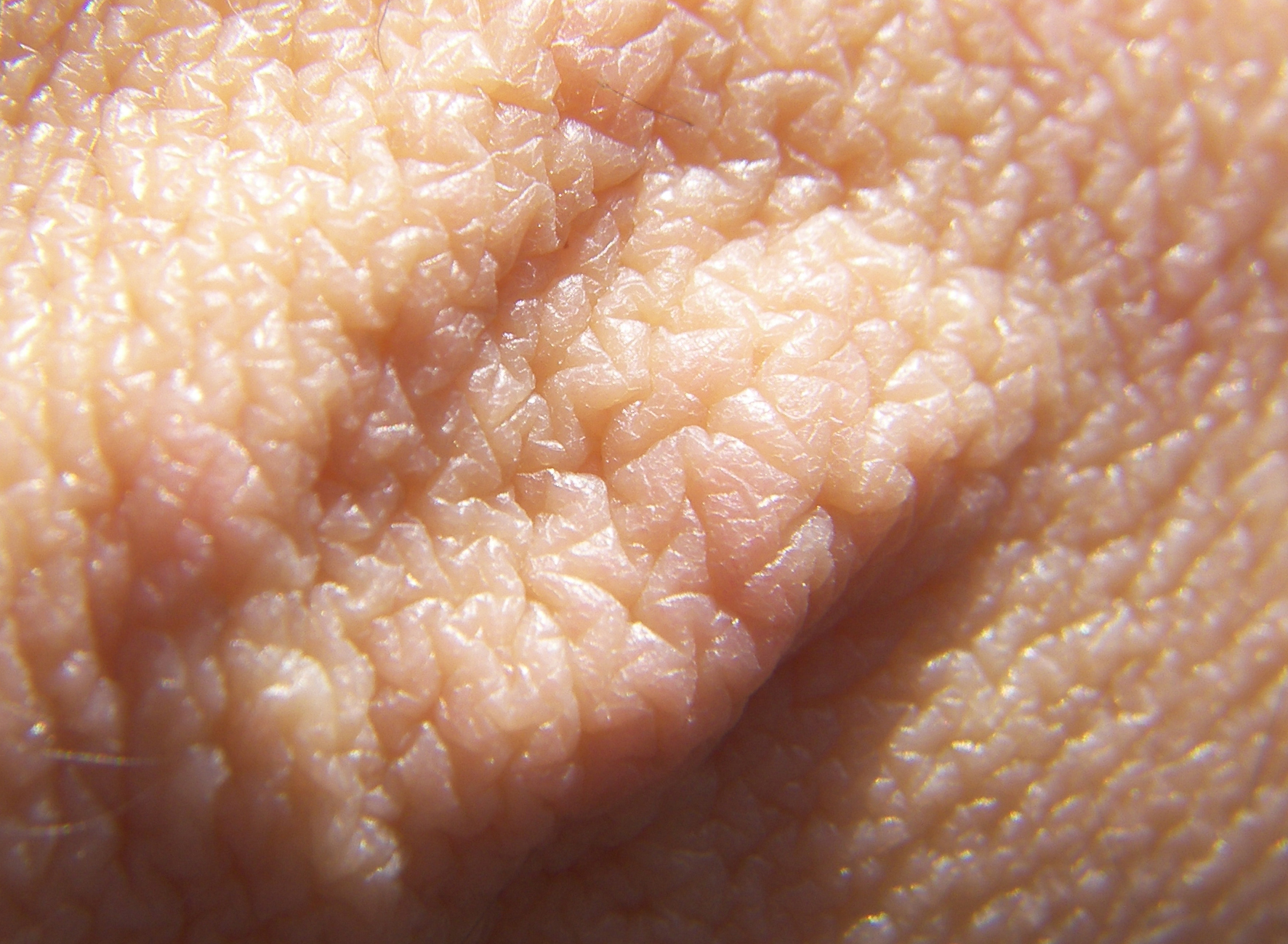THURSDAY, Sept. 29, 2016 (HealthDay News) — There’s some potentially good news for people with a history of acne — their skin may age more slowly than those who didn’t have to suffer mottled skin through adolescence.
That’s the suggestion of a British study that included just over 1,200 twins. One-quarter of them struggled with acne at some point in their life.
“For many years, dermatologists have identified that the skin of acne sufferers appears to age more slowly than in those who have not experienced any acne in their lifetime. Whilst this has been observed in clinical settings, the cause of this was previously unclear,” said lead researcher Dr. Simone Ribero. He is a dermatologist in the department of twin research and genetic epidemiology at King’s College London.
“Our findings suggest that the cause could be linked to the length of telomeres, which appears to be different in acne sufferers and means their cells may be protected against aging,” Ribero said in a college news release.
Telomeres are located on the ends of chromosomes and help protect them from deterioration as they replicate. As cells age, telomeres gradually break down, eventually resulting in cell death, a normal part of growth and aging, the study authors explained.
Dr. Veronique Bataille, senior author of the paper and also a dermatologist said: “Longer telomeres are likely to be one factor explaining the protection against premature skin aging in individuals who previously suffered from acne.”
In the study, twins with a history of acne were more likely to have longer telomeres in their white blood cells.
“By looking at skin biopsies, we were able to begin to understand the gene expressions related to this. Further work is required to consider if certain gene pathways may provide a base for useful interventions,” Ribero said.
Earlier research has found that telomere length in white blood cells can predict biological aging and is associated with telomere length in other cells in the body, the study authors said.
The latest study did not prove a cause-and-effect link between telomere length and skin aging, however.
The study findings were published Sept. 28 in the Journal of Investigative Dermatology.
More information
The U.S. National Institute of Arthritis and Musculoskeletal and Skin Diseases has more on acne.
Copyright © 2026 HealthDay. All rights reserved.

